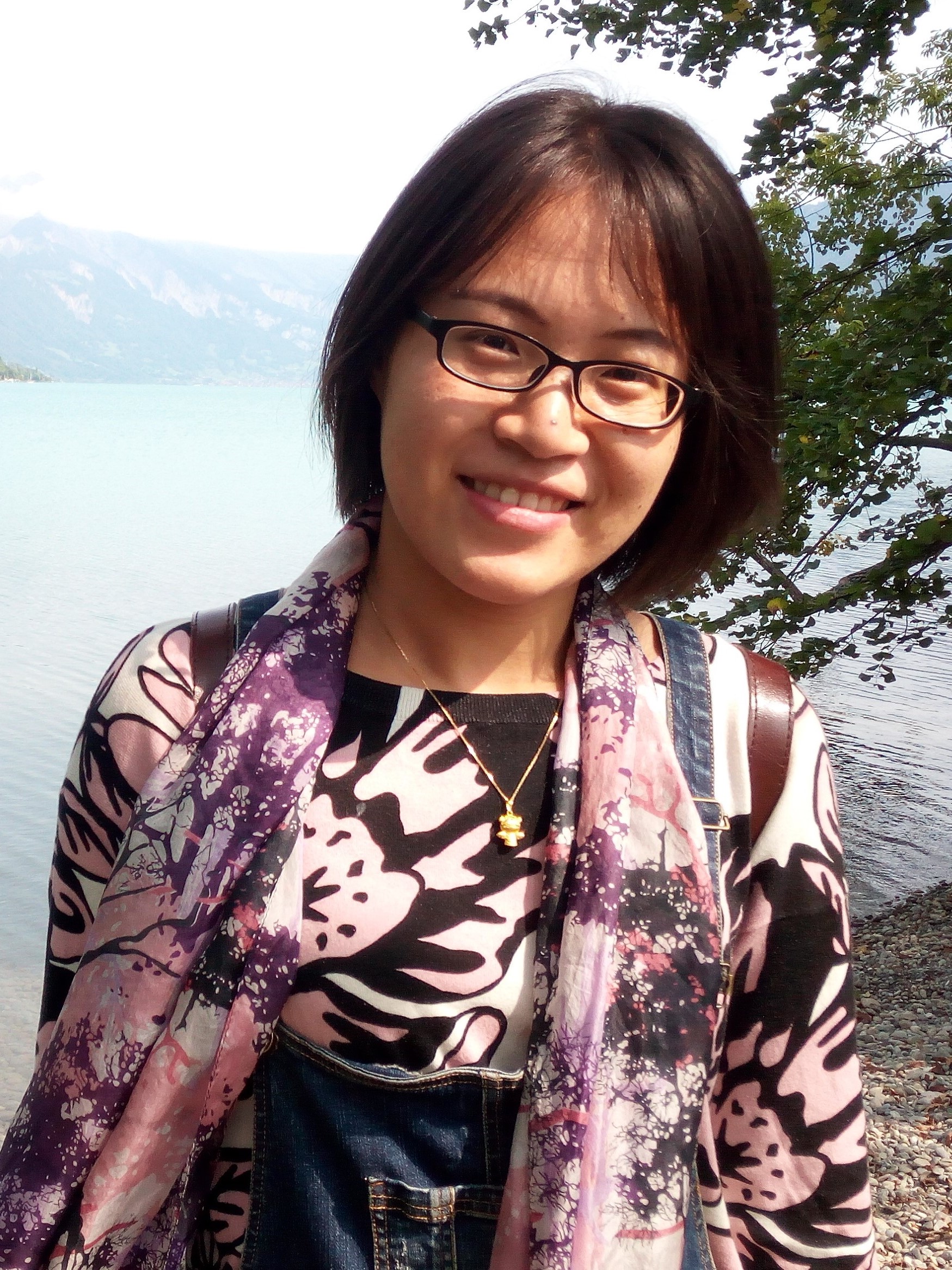While Europe and North America complain the loudest about resettling and integrating refugees, it is regions in the proximity of the world’s trouble spots that host the majority of forcibly displaced people. According to the 2017 UNHCR report highlighting the global trends in forced displacement, an astonishing 85% of displaced people are hosted in countries who struggle to mobilize sufficient resources to cope with large arrivals of refugees. Among them is Thailand, a country with a long history of immigration, notably after the end of the Indochina war in 1975. However, people have been moving throughout Southeast Asia long before Thailand existed as borders have shifted. Rivers in particular have played a key role in the movement of people; they have been seen not as barriers or obstacles to overcome, but as means of connecting people, cultures and commodities. This rich history and vibrant landscape makes Thailand and the whole region an ideal analytical site and an inspiring location for a field course on borderland issues and globalization processes.
Borderland issues refer to a set of questions pertaining to the socio-economic and physical boundaries of nation states. They include considerations around mobility, natural resource management, human security and social justice. Earlier this summer, we represented ETH Zurich and the Forest Management and Development group as lecturers at the Borderland Field Course in Chiang Mai University, Thailand. The course was offered jointly by the University of Copenhagen and UC Berkeley within the International Alliance of Research Universities (IARU) program, of which ETH Zurich is a longstanding member. Our role was to provide a practical and creative approach to natural resource management and its complexities.
For one whole afternoon, students left their laptops behind and took on the apparently simpler life of harvesters whose subsistence depends entirely on natural resources. Three other students – in the shoes of park managers – were given a different agenda: to save the same resource in the name of biodiversity. To do so, they had a powerful tool: a bright red frame designating the borders of a natural park. This is a role-playing exercise based on a board game, where the students experience first-hand the struggle of a landscape inhabited by multiple actors with different goals, power asymmetries and only partial information on the ecological dynamics of the designated space. The landscape might have been made of plastic and the birds of wood, but the struggle that ensued was real:
“We are going to starve!”
“Do we really care about the birds?”
“Can we share information?”






